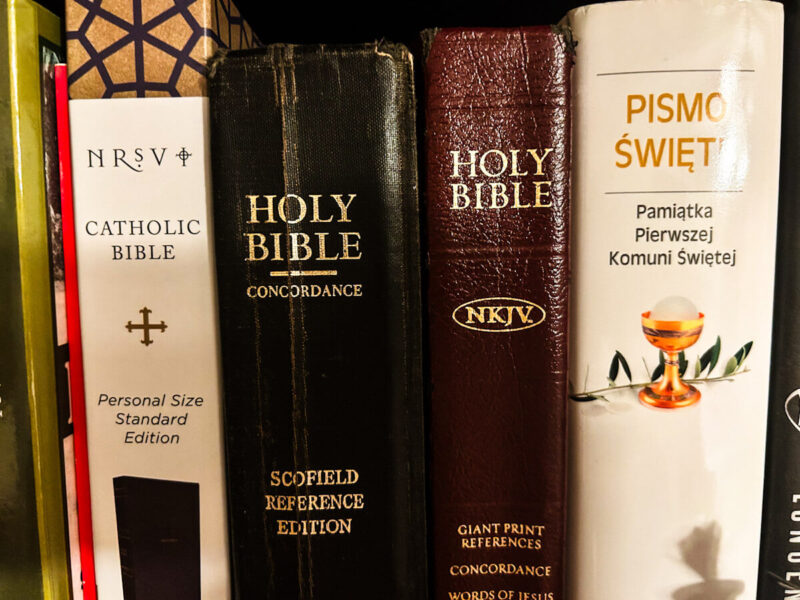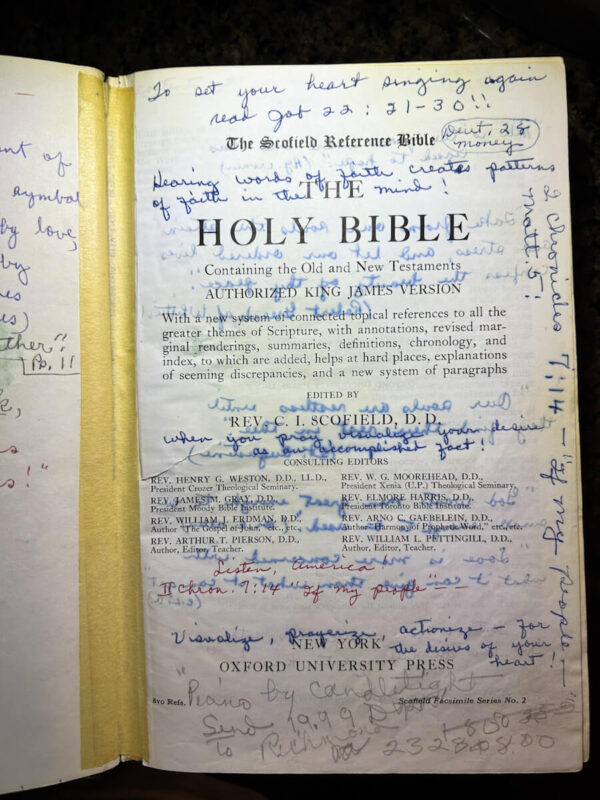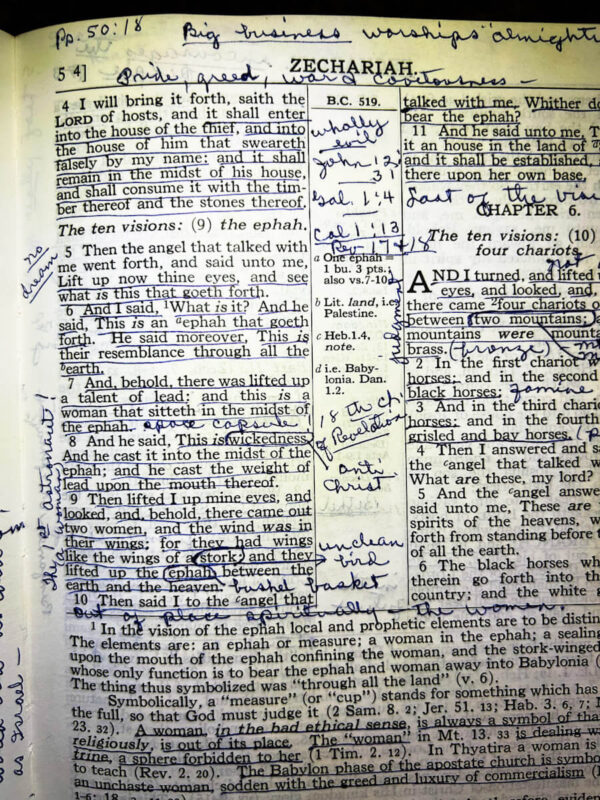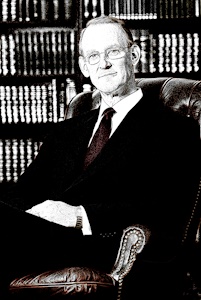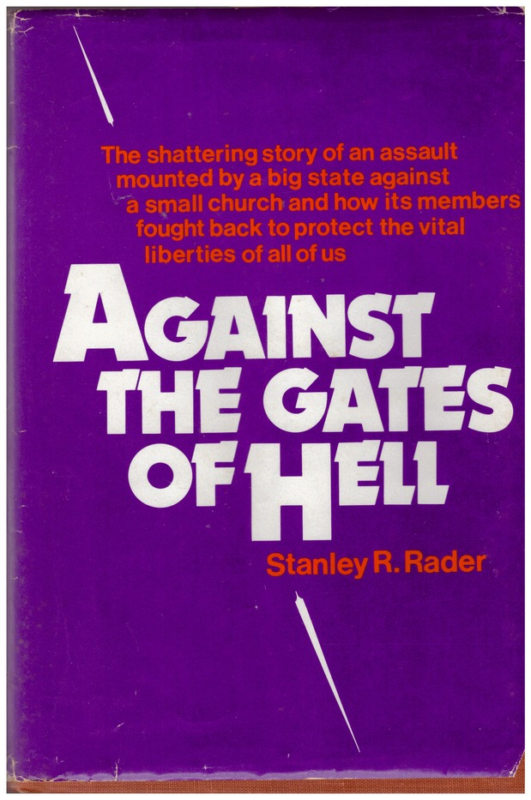I remember wondering, as a kid, if there could be other groups of believers who kept all the holidays Old Testament festivals like we did, who attended church on Saturday (calling it the Sabbath) rather than Sunday, who had all the doctrine distinctives that our church had but had developed all this on their own apart from any of the WCG ministry. I knew that if God called people like our church taught, such a scenario was entirely possible, that he could call someone without providing direct access to our group. Herbert Armstrong always said after all, “Don’t believe me Believe your Bible,” and he always taught that everything that the church believed came directly from the Bible. So it is entirely logical that someone could arrive at the same conclusions as Armstrong, even without the aid of God calling them. Throw in that supernatural element, and it seemed almost unlikely that there wouldn’t be some other groups out there lurking about keeping the sabbath, paying tides, going to the Feast of Tabernacles, eschewing Christmas and Easter, but not formally part of our organization.
The data podcast on Church of God Network has gotten me to thinking about this. They claim that there are somewhere between 500,000 and 1.5 million Sabbatarian Christians in Madagascar. They bring up the idea that theoretically someone in India could be reading their Bible and reach the same conclusions that all the churches of God do, namely, that we should be going to church on Saturday and following Old Testament festivals and the like. They pondered if that might have already happened, and if they’re not English speakers, how in the world could the COG‘s existing in America get in touch with them or even know if their existence to help them in their spiritual development.
It is, of course, somewhat presumptuous to assume that they would need the spiritual development. It reeks of theological colonialism. If God is calling them, they don’t need any help from people here.
Yet that just speaks to the cognitive dissonance that provides the churches of God. God calls you, but he needs a little bit of help from literature and television programs. What’s amazing is that the hosts come right to the edge of this realization before backtracking:
Not only is this not the only day of salvation but it’s not our job to proselytize. So this conversation is not about going in and like, “Why aren’t people responding,” like this is the only day of salvation kind of thing. It’s more of, God does the calling, but God’s also not a respecter of persons, so you’d imagine the distribution as to where people are called would largely be either, I don’t want to say random, but dispersed based on something that has some sort of logical sense, if that make sense. Maybe you’d have one or two nations where, that would fall into this bucket, but to have a decent chunk of nations that are high population, low hostility, and a cultural presence of more mainstream Christian Western views that would raise a red flag of, “Okay well, it wouldn’t make sense that God wouldn’t call anyone in this nation.” Is there something about how this message is getting out? Maybe there’s a lot of response but it just independent groups who haven’t maybe reached out for affiliation.
They’re right there: they’re almost about to realize that if their theology about God calling people out of the world (and that being a precious and rare event), there should be people coming out of the world on their own. They shouldn’t any exposure to the various COGs literature or television shows or webinars. It should happen naturally, and it should be evenly spread around the world. Things like the amount of hostility toward religion in a given community shouldn’t matter; cultural awareness of mainstream Christianity (which these COGs reject) shouldn’t matter; language shouldn’t matter. But it all does matter, to the point that the vast majority of the COG membership is located in the US. Perhaps that’s because these COGs preach that the US is of special theological significance and along with those in the UK among the most special of the lost tribes of Israel. That won’t sell well in Poland or Hungary, two countries they mention that have no COG presence even thirty some years after the fall of the Berlin Wall and the opening of the Iron Curtain.
They come so close to realizing that Armstrongism is a highly culturally specific theology targeting English speakers specifically, and that alone explains the US-majority membership.


